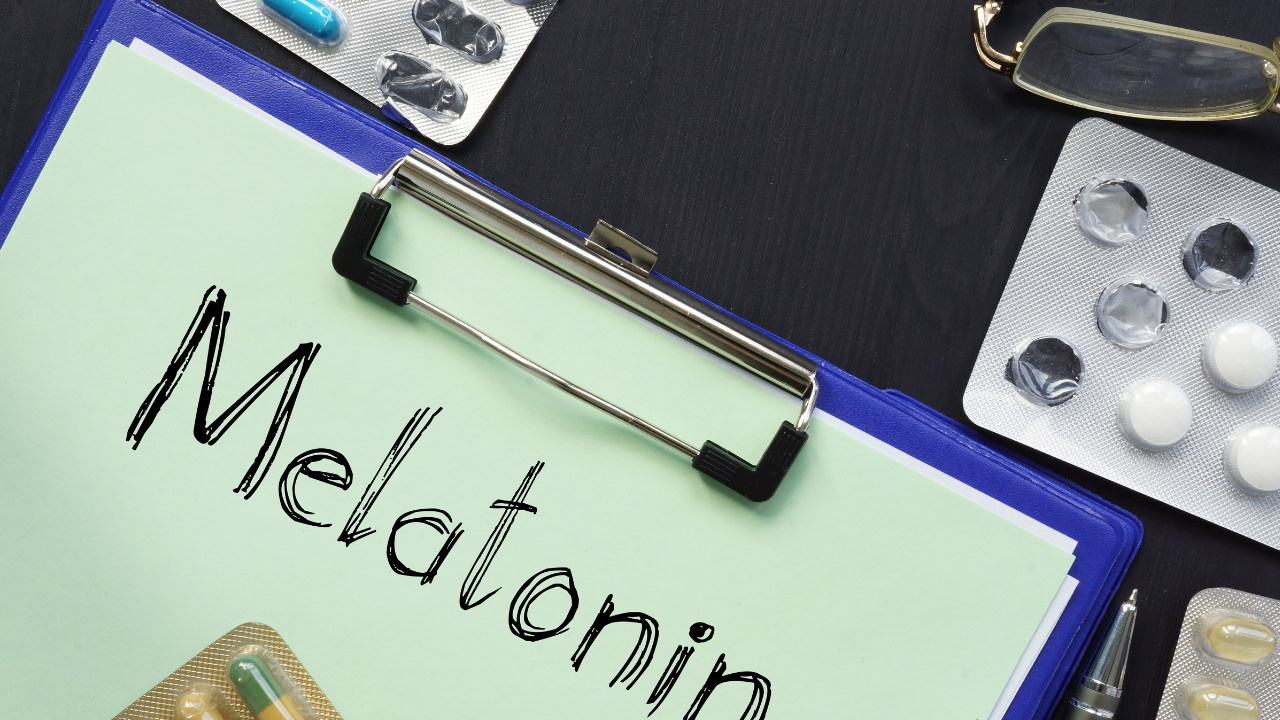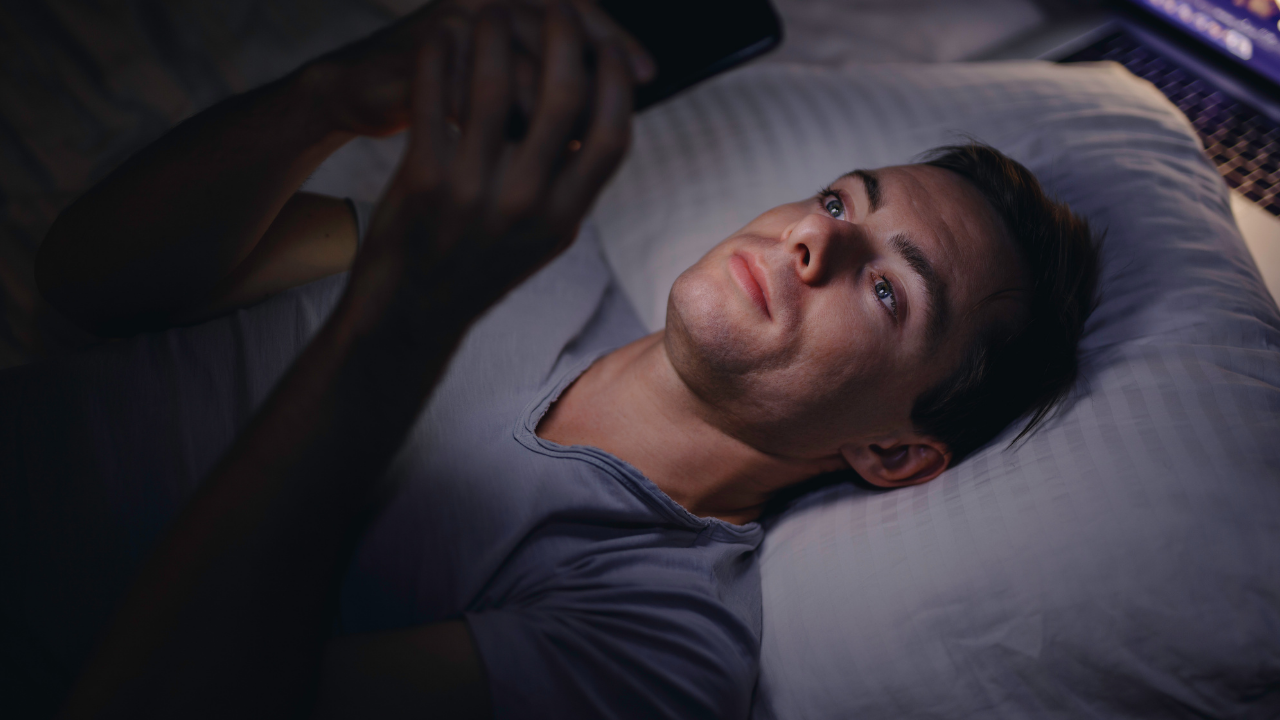What is Melatonin?

Melatonin is a hormone produced in the pineal gland. This gland is the size of a pea located in your brain. Melatonin helps regulate the sleep cycle. Think of Melatonin as a switch. So, when it is light, during daytime, Melatonin is not active. It is switched off. However, when it is dark, at nighttime, Melatonin is switched on and active.
Melatonin indications:
There is evidence in studies that melatonin helps to prevent or treat jet lag. It has also been shown to be of benefit with shift workers. When you get older Melatonin, levels decline gradually over the lifespan and may be related to lowered sleep efficacy. Also remember, when you get older the rate of pineal gland calcification increases, which in turn affects melatonin production. Increasingly, Melatonin is nowadays used for adults who have trouble falling asleep.

Melatonin dosing?
If you start, start at the lowest dose and titrate up slowly.
In the USA Melatonin is regarded a supplement and can be bought OTC. Since the FDA is not regulating these samples the melatonin content can vary from different manufacturers. I would recommend that you look for the following labels: GLP (good laboratory practice) or GMP (good manufacturing practice). In that way in terms of the quality of the product you are getting close to what is displayed on the label.
So, going back to dosing recommended dosing would be 0.1mg to 0.3mg for sleep and 0.3mg to 0.5 mg for shift worker & jet lag. The highest I would recommend would be 3 mg. I would also not use Melatonin for over 2-3 months. The reason being that higher dosing especially the ones being sold at 5-10mg will result in higher than physiological concentrations resulting in several effects such as hypothermia, daytime sleepiness. It can also affect your mental and physical well-being.
When can I take Melatonin?
- I would recommend that you take it 2-3 hours before intended bedtime.
Can Melatonin cause side effects?
Generally, it is safe. However, it can cause daytime grogginess. Some people complain about dizziness, headaches, stomach cramps.
Melatonin and safety concerns?
If you are pregnant, please talk to your Doctor as it is possibly unsafe during pregnancy. Also, patients who are diabetics it might increase your blood sugars. If you are on certain BP medications (Atenolol or Propranolol) melatonin levels may be lowered. Melatonin may also worsen symptoms of depression.
What are the 10 most important steps you can do to improve your sleep?
We Doctors like to about sleep hygiene.

1)Go to bed and get up from bed at the same time daily, even on the weekends. Make it a habit.
2) Have coffee and tea only on the morning.
3) Don’t drink fluids excessively before you go to bed. This will make get up in the middle of the night to pee. In this way your sleep gets interrupted.
4) Keep your bedroom dark, and draw your curtains or blinders.
5) Keep your room cool. The best temperatures recommended are about 65 degrees Fahrenheit, which is about 18 degrees Celsius.
6) Keep your room quiet, avoiding that might interfere with your sleep such as the TV.
7) Avoid drinking and smoking before going to bed.

8)Avoid looking at your devices such as your phones, kindles or iPads as the light given off interferes with your sleep.
9)Avoid eating before you going to bed.
10)I would again emphasize the most important thing you can do is to exercise regularly. Regular exercise improves the quality of sleep.
Bonus tip: If you can increase the bright light exposure during the day, especially in the morning. By seeing daylight in the morning, your body will produce less melatonin and then increase production at night.
Have a good day and think your Health.See complete YouTube video here: Should you take melatonin to help sleep?
Sources:




